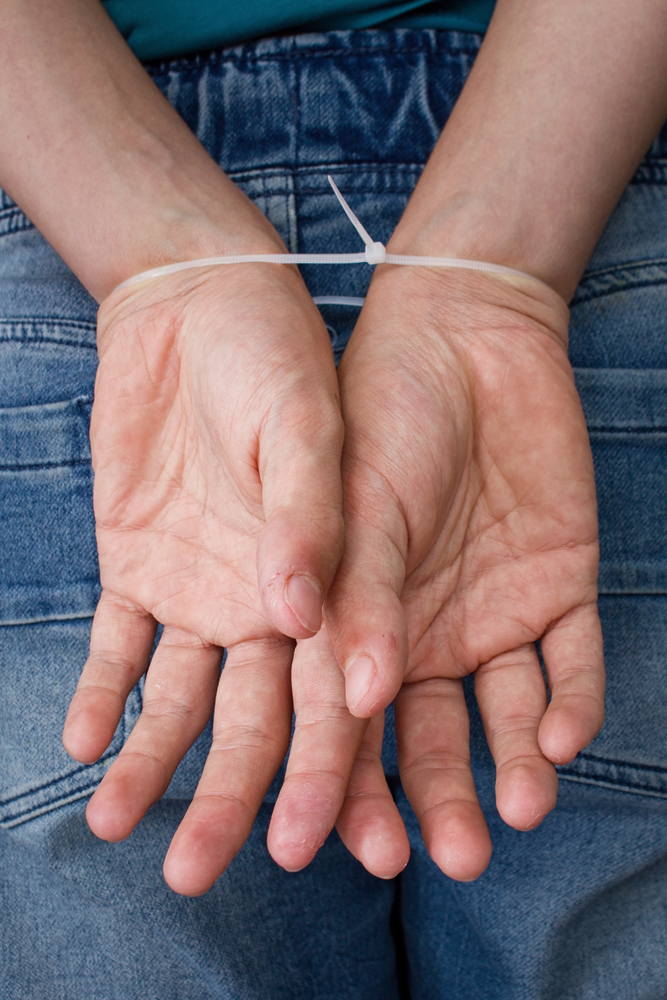What Is Alcohol Poisoning? Risks, Symptoms, and Treatments
Content
Women may be more sensitive than men, even on a per-weight basis, because their gastric (first-pass) metabolism of alcohol is less. Drinking during pregnancy increases the risk of fetal alcohol spectrum disorder. Alcohol-tolerant people are cross-tolerant to many other central nervous system depressants .
- One of the most common causes of alcohol poisoning is binge drinking.
- Severe vomiting, which can lead to dehydration, seizures, permanent brain damage or death.
- Female D2 and B6 mice failed to show significant antinociceptive effects in alcohol dose-response studies.
- We offer treatment for every individual’s needs and provide programs for detoxification, medication-assisted treatment, inpatient services, and co-occurring mental health care.
- This is because the body continues releasing the consumed alcohol into the bloodstream, thus increasing the levels of alcohol in the blood and producing toxicity.
- Diagnosis is usually based on the history of events and physical examination.
Heavy drinkers have a much higher risk of heart failure when compared to non-drinkers. Wernicke syndrome, also known as Wernicke encephalopathy, is due to thiamine deficiency and is characterized by the triad of ataxia, oculomotor abnormalities, and global confusion. While it is most commonly seen in conjunction with patients with alcohol use disorder, it can occur in any disorder leading to a thiamine deficiency. Neurobehavioral findings with Wernicke syndrome include decreased attention, impaired memory, and disorientation. Untreated, Wernicke encephalopathy can progress to Korsakoff syndrome, characterized by anterograde and retrograde amnesia without impaired alertness and attention or extraocular movement findings. Chronic alcohol use can lead to dementia, cerebellar degeneration, and peripheral neuropathy. Alcohol poisoning can result from drinking any type of alcohol, including beer, wine or liquor.
How we reviewed this article:
At this stage of intoxication, the person’s behavior will be normal with no visible signs of intoxication, such as slurred speech or delayed reaction time. Consult a nephrologist for any known or suspected cases of methanol or ethylene glycol intoxication to assist in the decision making for hemodialysis. If ethylene glycol overdose is suspected, the patient should also receive 100 mg of intravenous thiamine every 6 hours and 50 mg of pyridoxine every 6 hours.

In some patients, treatment with fomepizole alone may represent definitive treatment and can prevent the need for hemodialysis. As with all emergency patients, initial treatment should focus on the airway, breathing, and circulation.
Related Institutes & Services
Alcohol poisoning, also called alcohol intoxication or alcohol toxicity, occurs due to the consumption of excessive stages of alcohol intoxication amounts of alcohol in a short period. Alcohol poisoning is not something similar to the hangover after a party.
Why do my arms and legs feel weak and shaky?
If you suddenly feel weak, shaky, or lightheaded—or if you even faint—you could be experiencing hypoglycemia. A headache that comes on quickly, weakness or tremor in your arms or legs, and a slight trembling of your body are also signs that your blood sugar is too low.
First, the prehospital provider should search for any empty containers near the patient. In addition, a blood sugar level should be obtained on anyone who appears intoxicated. Local protocols and the skill level of the provider dictate additional prehospital care for patients with altered mental status.
Recovering from Alcohol Overdose
Haemodialysis may increase the rate of elimination of both isopropanol and acetone, and should be considered for patients with deteriorating GCS or haemodynamic instability. Dosing regimes for fomepizole and ethanol are discussed in the article. It is metabolised by ADH to acetone, without production of an anion gap acidosis. Renal toxicity is produced when calcium oxalate crystals precipitate in the renal tubules, causing flank pain, oliguria and acute renal failure.
